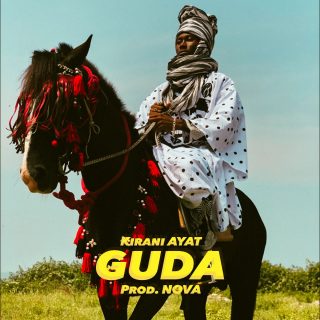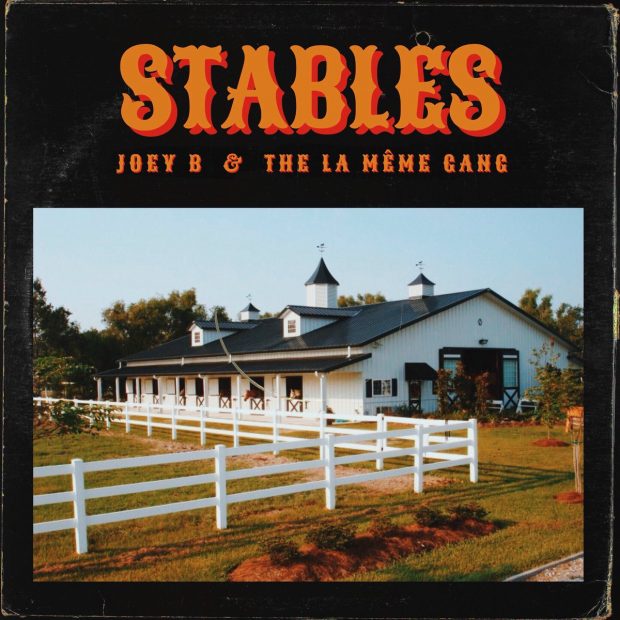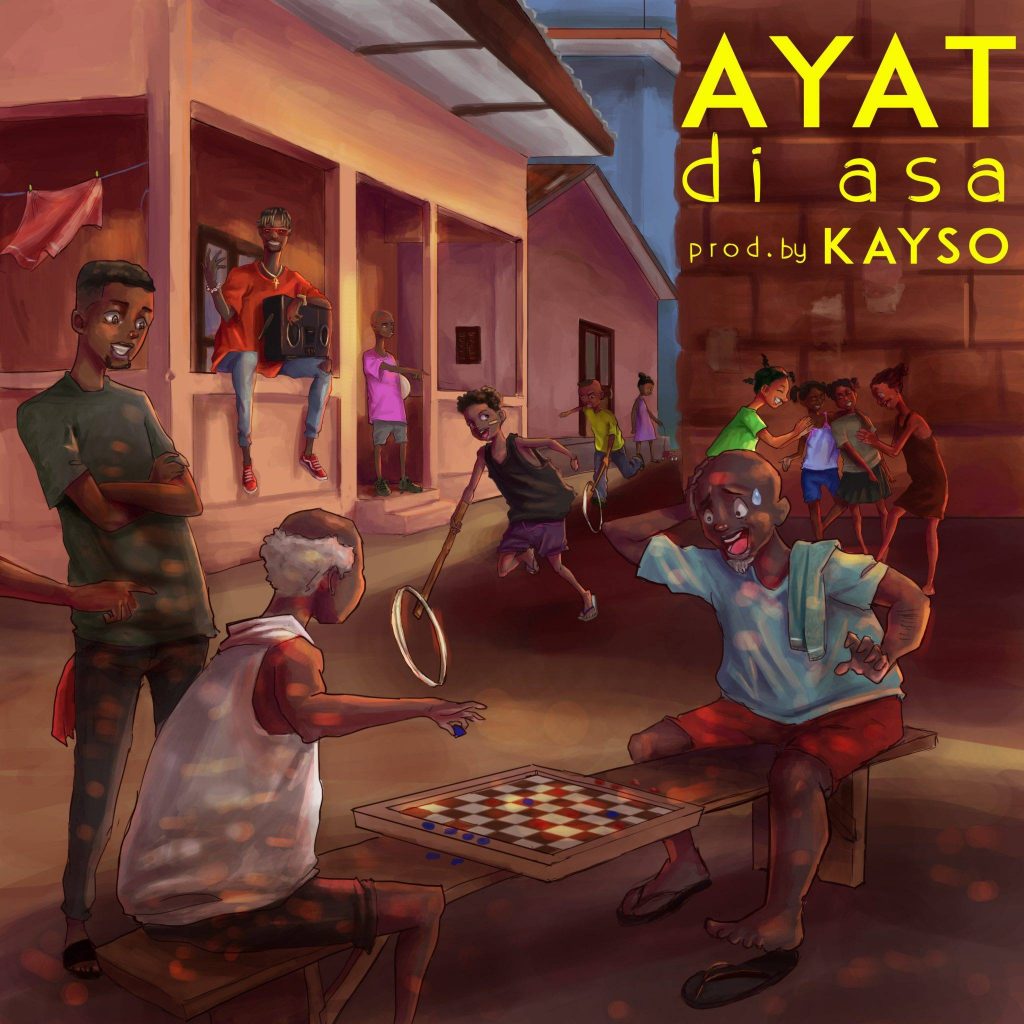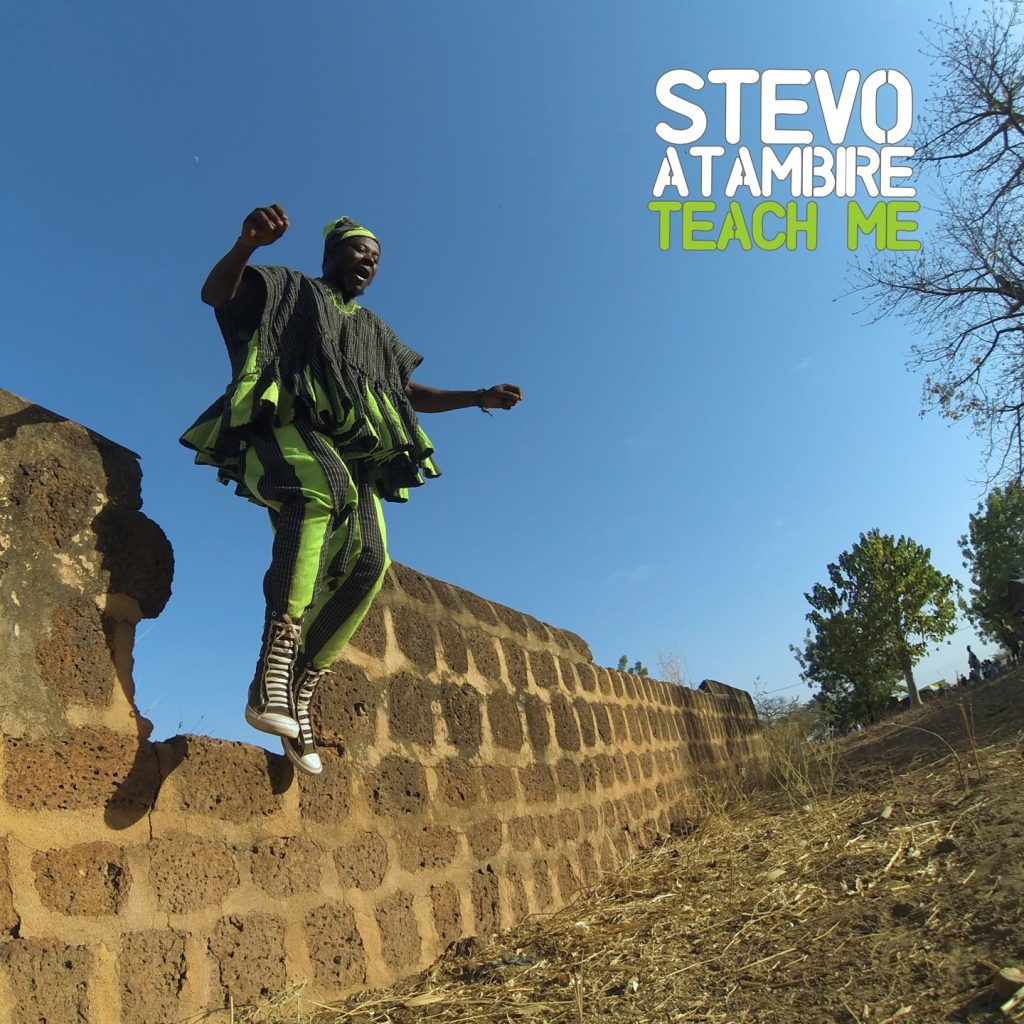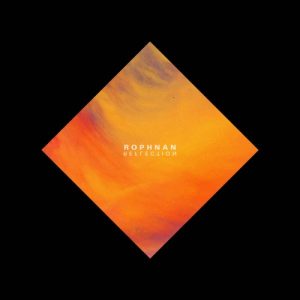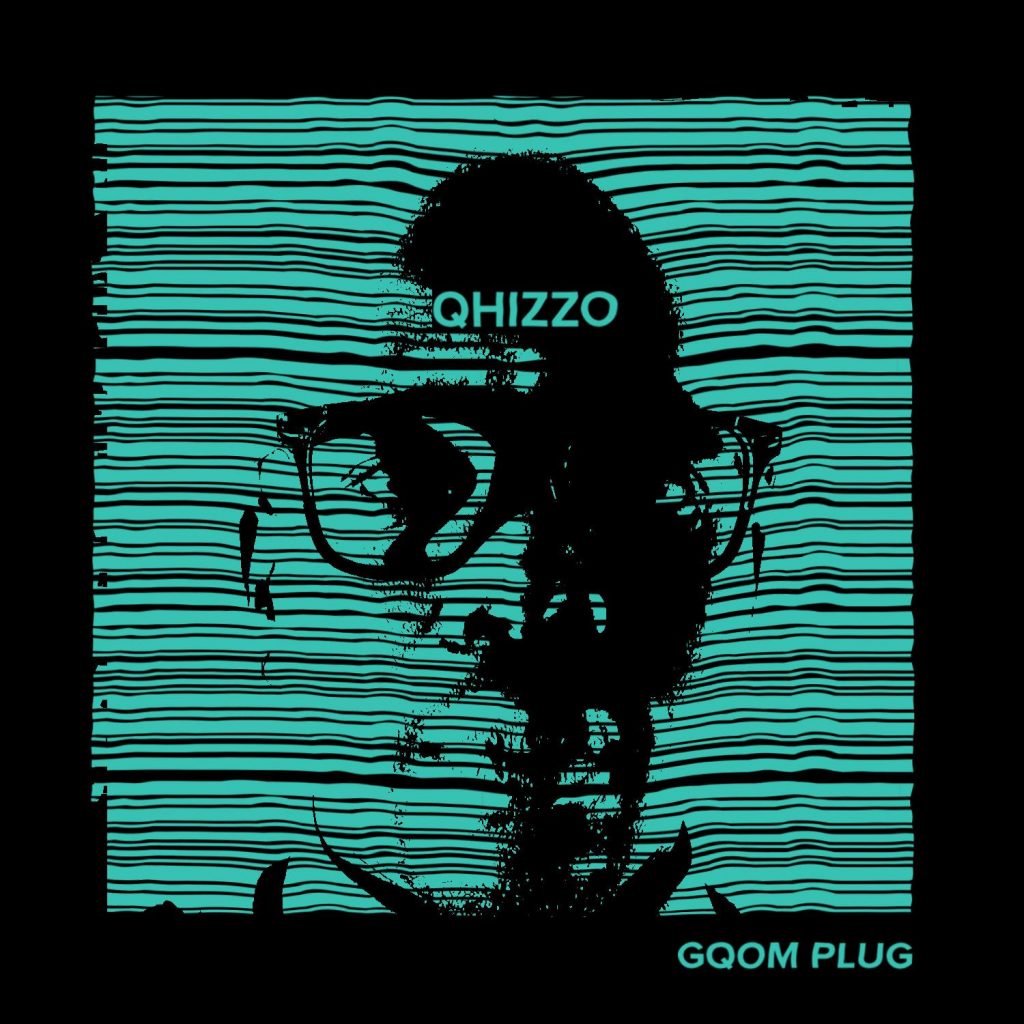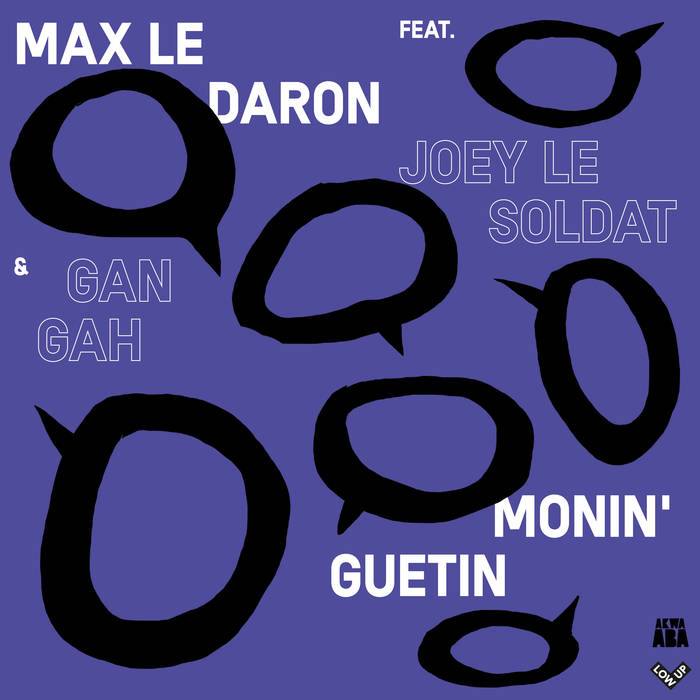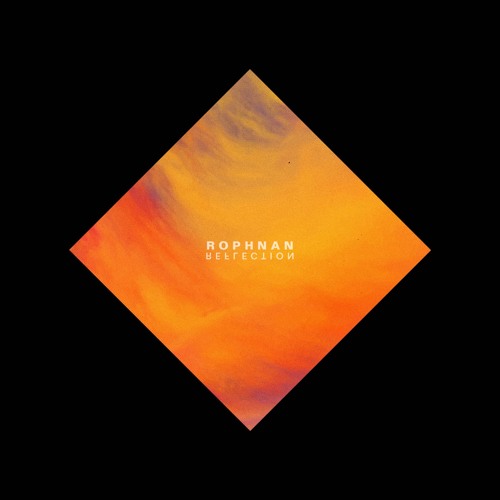Kirani Ayat – Guda
Kirani Ayat – Guda
Kirani Ayat is a growing voice in Ghana’s hip hop scene. Probably the most influential voice in his home turf of Madina, one of Accra’s most populated areas, Ayat is dedicated to speaking the language of the people, in Madina’s case Hausa, which is also one of the most broadly spoken languages in West Africa. Originally from Nigeria and parts of Niger, Hausa has been adopted in Ghana as the language of the zongos, urban areas where northern migrants first settle. These areas are known for their bustling activity, diverse cultures and heritage, as well as social woes – fertile terrain for Ayat to develop his message.
“The Hausa language is very masculine yet sexy and commanding, thus very appealing to many young people in the zongo” Ayat tells me. He adds: “There’s a stereotype about Hausa speakers and Muslims in Ghana being violent and uneducated, so people tend to stereotype the Hausa language itself as well, so I’m glad to be a figure of change and break those stereotypes.”
Guda in Hausa means one. The chorus goes nabasu guda guda, which means I am the one giving them gem after gem. Beyond the hip hop bravado, the song is really a tale of struggle, perseverance, determination and the will to succeed and become the one. Guda is produced by Nova, who often produces for Joey B. He and Ayat met at Villain Studios in 2017, where they realized they were both fans of each other’s work, and were keen to collaborate on a track that would fit Ayat’s uplifting message and social commentary.
Kirani Ayat – Guda
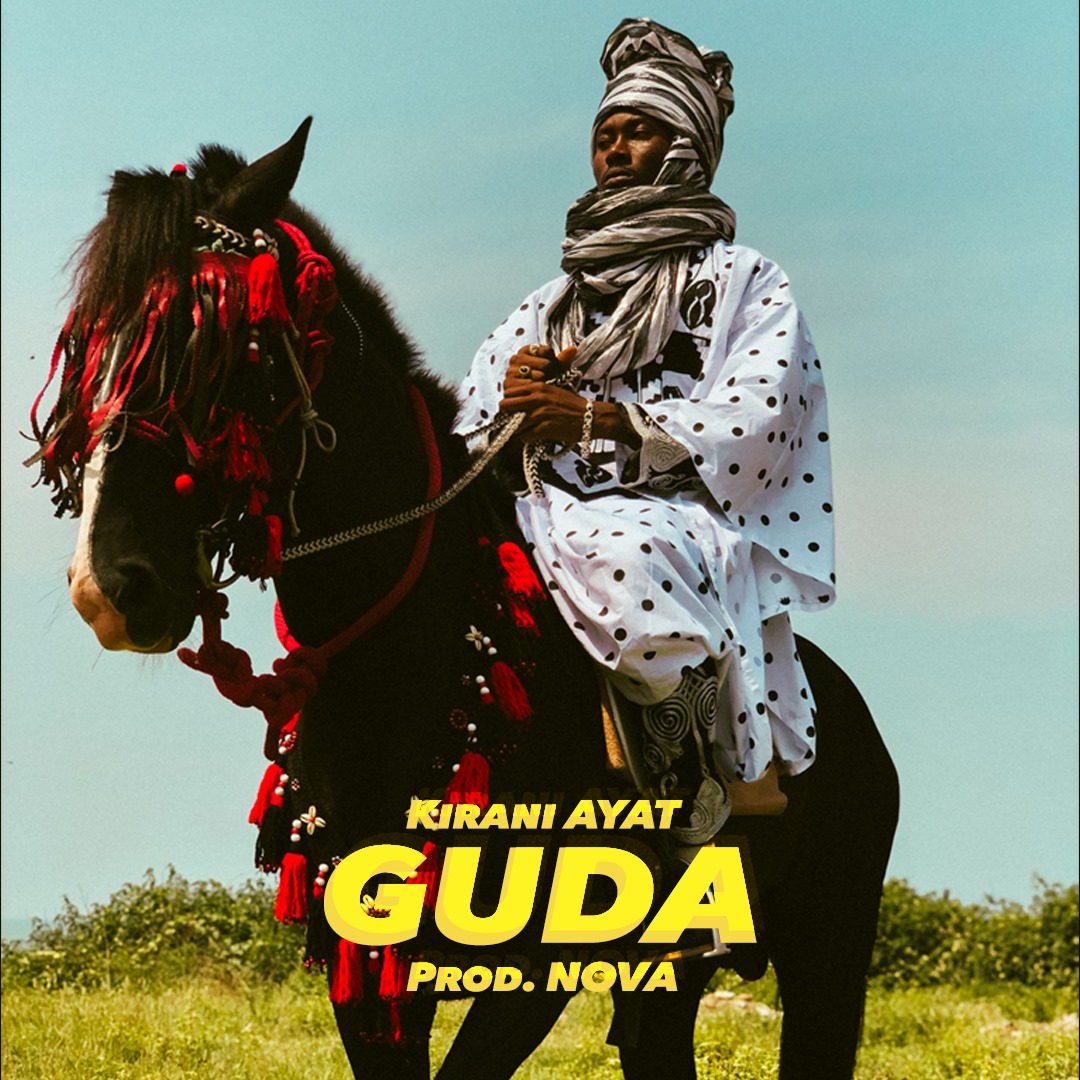
Kirani Ayat is a growing voice in Ghana’s hip hop scene. Probably the most influential voice in his home turf of Madina, one of Accra’s most populated areas, Ayat is dedicated to speaking the language of the people, in Madina’s case Hausa, which is also one of the most broadly spoken languages in West Africa. Originally from Nigeria and parts of Niger, Hausa has been adopted in Ghana as the language of the zongos, urban areas where northern migrants first settle. These areas are known for their bustling activity, diverse cultures and heritage, as well as social woes – fertile terrain for Ayat to develop his message.
“The Hausa language is very masculine yet sexy and commanding, thus very appealing to many young people in the zongo” Ayat tells me. He adds: “There’s a stereotype about Hausa speakers and Muslims in Ghana being violent and uneducated, so people tend to stereotype the Hausa language itself as well, so I’m glad to be a figure of change and break those stereotypes.”
Guda in Hausa means one. The chorus goes nabasu guda guda, which means I am the one giving them gem after gem. Beyond the hip hop bravado, the song is really a tale of struggle, perseverance, determination and the will to succeed and become the one. Guda is produced by Nova, who often produces for Joey B. He and Ayat met at Villain Studios in 2017, where they realized they were both fans of each other’s work, and were keen to collaborate on a track that would fit Ayat’s uplifting message and social commentary.

